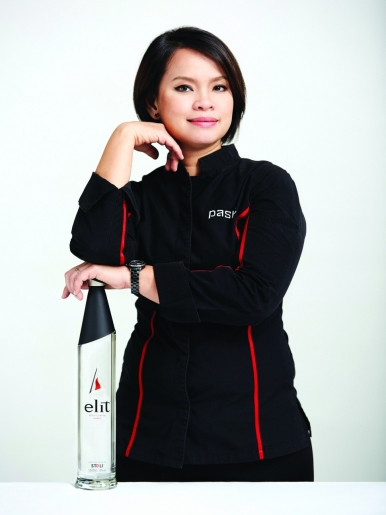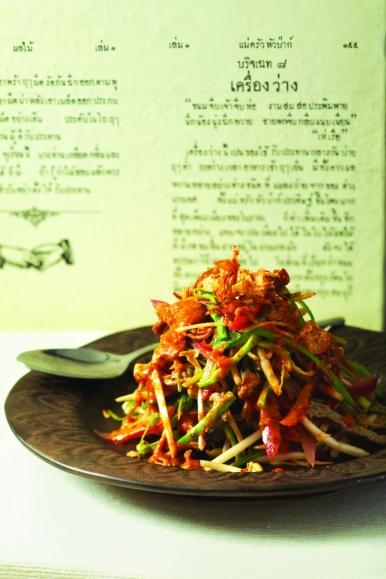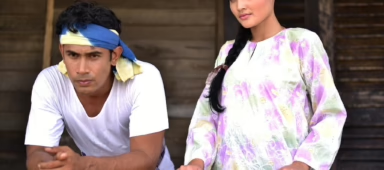Chef Bongkoch Satongun garners praise for her modern take on ancient Thai recipes


“It's online,” said Bongkoch “Bee” Satongun softly, looking at her phone. It's the end of the lunch service at Paste, the elegant restaurant that she and husband Chef Jason Bailey have had since 2014.
The organisers of the Asia's 50 Best Restaurants awards had contacted Bee several weeks earlier to inform her that she had been picked as Asia's Best Female Chef for 2018, but the wait for the official announcement had been a nerve-racking one nonetheless. “Is this for real?” she kept asking. When the news was finally made public however, her reaction was low-key and understated, much like Paste itself.

Located in Ratchaprasong in central Bangkok, near international hotels and popular shrines, Paste is just minutes from the modest Pratunam neighbourhood where Bee grew up. The worlds couldn't be more different.
“I cooked with my mum since I was very young,'” recalls Bee. “(She had) a street stall so I helped her every day.” They served kanom jeen (noodles made from lightly fermented rice) with three or four home-cooked curries, clear soups, hard-boiled eggs with five-spice, and a handful of stir-fries, all from a cart on the street. “It was a lot of prep and there were no machines. We did everything ourselves,” including making the curry pastes by hand.
She went on to study English at university and dreamed of cooking. She was working in a restaurant when she met husband Jason. But she was in an office job because she had not been given a spot in the kitchen. “He already had his Thai restaurant in Australia” in the Southern Highlands, she remembers, on the road between Sydney and Canberra.

They quickly realised that they shared the same goals and visions of Thai food. Bee could unlock the secrets of source materials in Thai. When Jason has a vision of how to modernise dishes, Bee painstakingly perfects the ideas in the kitchen. Within weeks she followed him to Australia and they have formed an inseparable team ever since. “We were two people with a dream and we wanted to follow that dream,” she says simply.
“I'd never been outside of Thailand and I knew nothing about Australia,” admits Bee. But her intuition told her it was the right thing to do. Did methodical, determined Bee ever doubt her impulsive choice? “No,” she says categorically. “I never thought of giving up. Or that I had made a mistake.” She learned about the rigours of working in a commercial kitchen and honed her take on Thai flavours with contemporary ingredients and presentations.
After winning accolades Down Under, including a prize for Best Thai Restaurant in Australia for their restaurant Classic Thai Cravings, Bee was ready to bring her food home. After eight years in Australia, Bee and Jason moved back to Thailand and opened the original Paste in 2012. But in 2014, the opportunity to open in a more refined setting arose, and they took the challenge.
They brought some of their favourite recipes like yum tawai and worked on new ones like their aromatic massaman lamb with raw durian topped with dried coconut apple. They sourced old recipes from cookery books and recipe collections and reworked them, like their refreshing watermelon salad with salmon froth and salmon eggs, now one of the most talked-about — and most popular — dishes on the menu.
Yet recognition did not come straightaway and the restaurant's website still brags that it is one of Bangkok's best-kept secrets. These days it is much harder for Paste to make that claim. The restaurant was awarded one Michelin star in Bangkok's first Michelin guide last year, just one of the 14 restaurants to make the cut. Bee was named Asia's Best Female Chef. And at the star-studded awards ceremony in Macau in March, the restaurant entered the list of Asia's 50 Best Restaurants.
The exposure was hard on the staff, and the chefs, at least initially. “Customers come in with more expectations. There's more pressure,” laughs Bee, but she claims that the awards do not make a difference. “I (still) have to keep working!”




